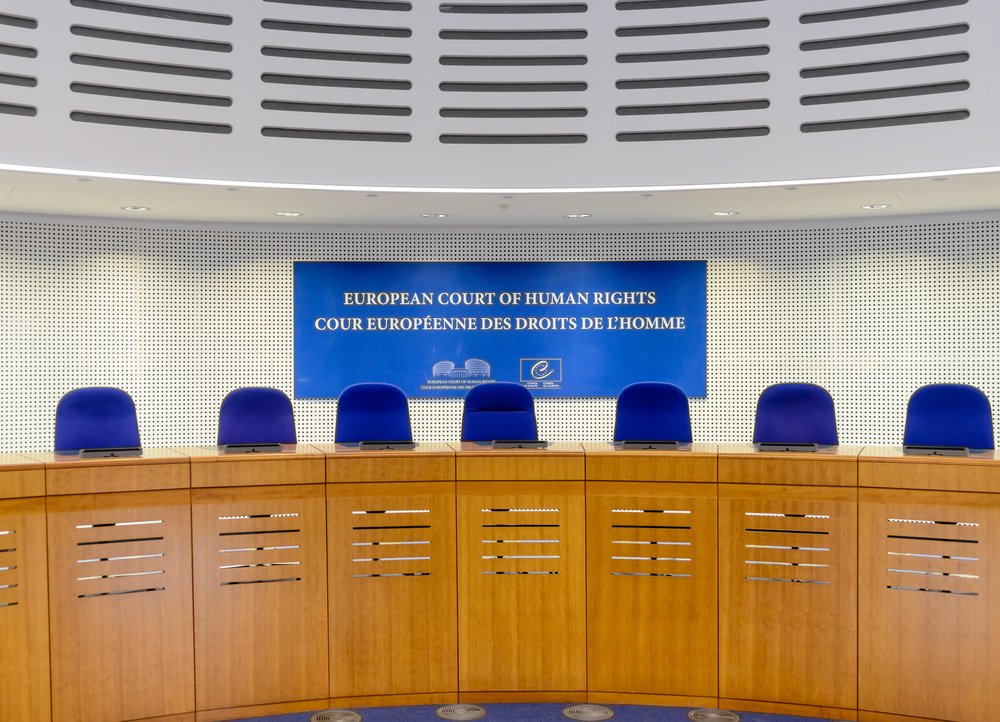Strasbourg ruling throws cold water on SPAK’s pre-trial detention practices

In the midst of the escalating controversy surrounding the prosecution of Tirana’s Mayor Erion Veliaj, the European Court of Human Rights (ECHR) has delivered a ruling that deals a serious blow to the Special Anti-Corruption Prosecution’s (SPAK) handling of pre-trial detentions. The Strasbourg-based court found that Albania had violated the European Convention on Human Rights in its detention of Thoma Gëllçi, the former director of Albania’s national broadcaster, Radio Televizioni Shqiptar (RTSH). The ruling, which deals with a situation remarkably similar to Veliaj, raises significant legal and political questions about SPAK’s widely criticized use of prolonged pre-trial detention as the prosecutorial tool of choice.
Why is this important: The ruling is a direct challenge to SPAK’s approach, which has been increasingly scrutinized for keeping high-profile suspects behind bars for extended periods while investigations continue. In the case of Thoma Gëllçi, the ECHR determined that the grounds for his pre-trial detention were “unsubstantiated” and that SPAK failed to provide concrete evidence justifying his continued incarceration. The ruling could have serious implications for Veliaj, who is currently being held in similar circumstances. It also puts further pressure on SPAK at a time when it is already facing growing criticism from both the Albanian government and opposition.
Context: The timing of the ruling could not be more critical. On the same day it was made public, Prime Minister Edi Rama escalated his attacks on SPAK, denouncing its decision to impose 24 security measures against staff and professors at the Agricultural University of Tirana. Calling them “judgments without trial,” Rama has already framed similar actions as part of SPAK’s growing overreach and has pledged that his government would ensure the justice system operates within European human rights standards.
SPAK has long enjoyed public support as an anti-corruption institution, but its broad use of pre-trial detention and growing evidence of poor preparation and procedural blunders has drawn increasing scrutiny and condemnation. The ECHR’s decision in the Gëllçi case sets a precedent that could lead to legal challenges against SPAK’s practices and force changes in how Albania’s Special Court Against Corruption and Organized Crime (GJKKO) handles high-profile cases.
The full Strasbourg ruling can be accessed here.
What next: The ruling comes at a key moment for Albania’s justice system, with elections on May 11 expected to determine SPAK’s future direction.
Opposition leader Sali Berisha has vowed to dismantle SPAK entirely, calling it a politically controlled weapon against his party.
Prime Minister Edi Rama, while defending the justice reform, has also signaled that the system must operate in full compliance with human rights and international standards.
The ECHR decision marks a turning point in the debate over SPAK’s methods. As tensions rise between the government, SPAK, and the judiciary, this ruling could set off a wave of legal challenges against the Special Prosecution’s detention policies. What remains to be seen is whether this precedent will have any impact on the Veliaj case, or whether SPAK and GJKKO will continue to push forward despite the growing criticism.


